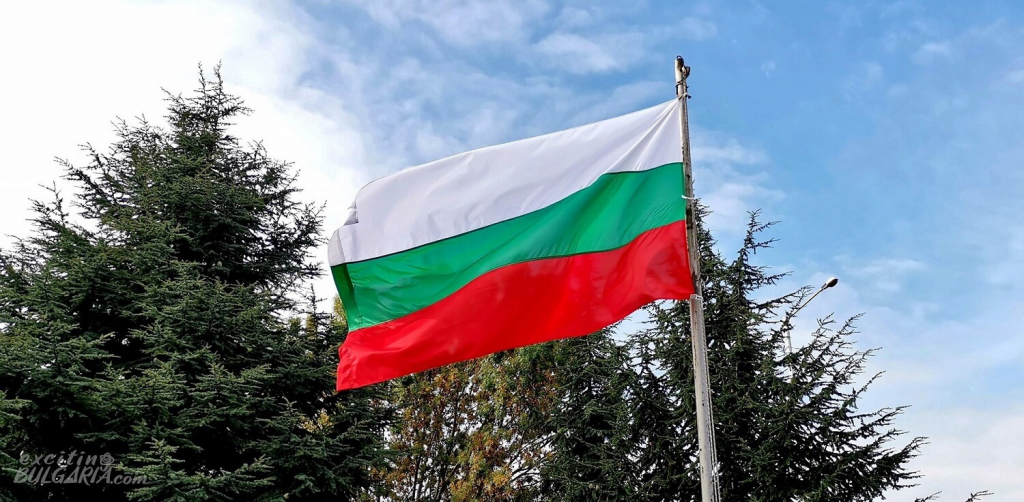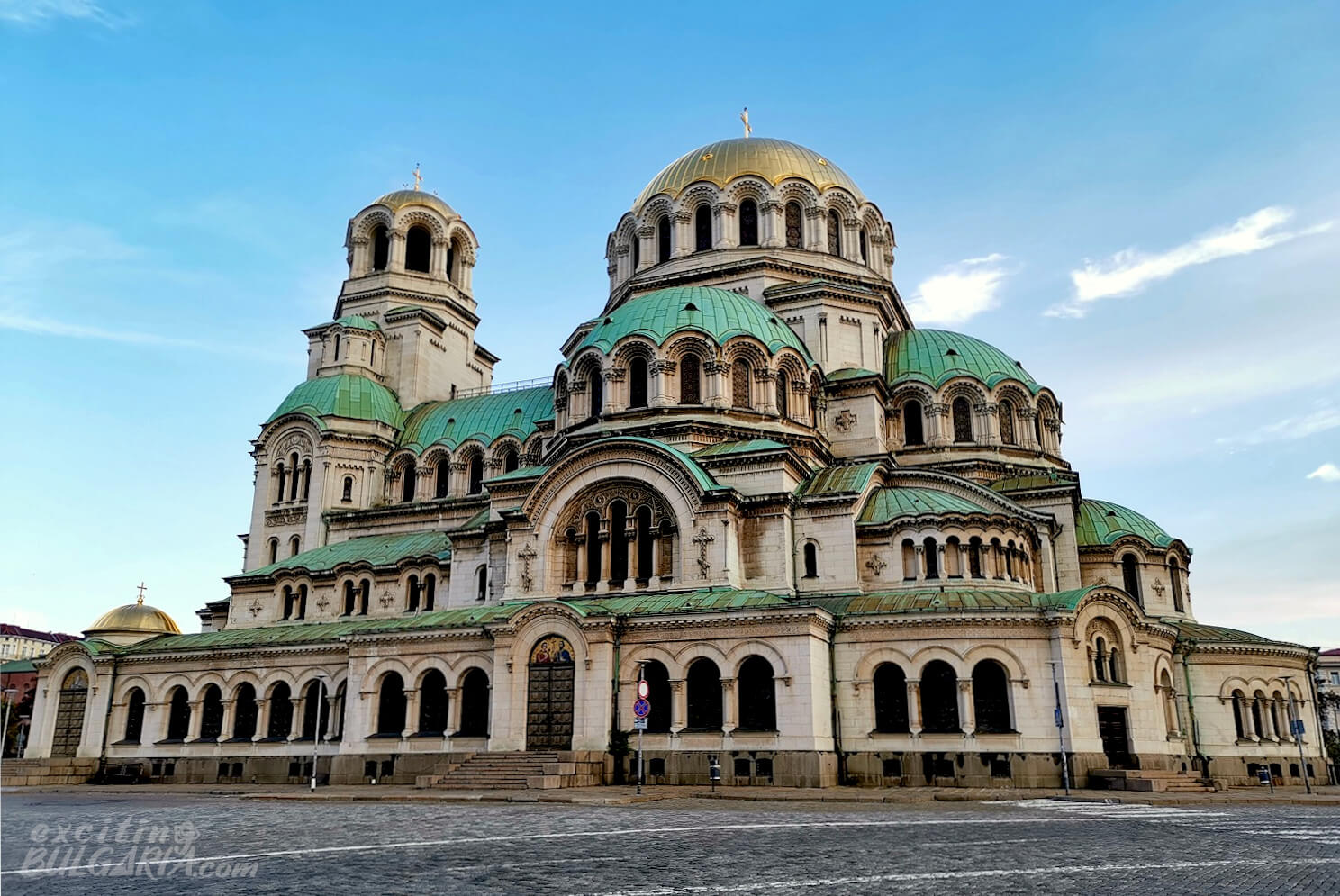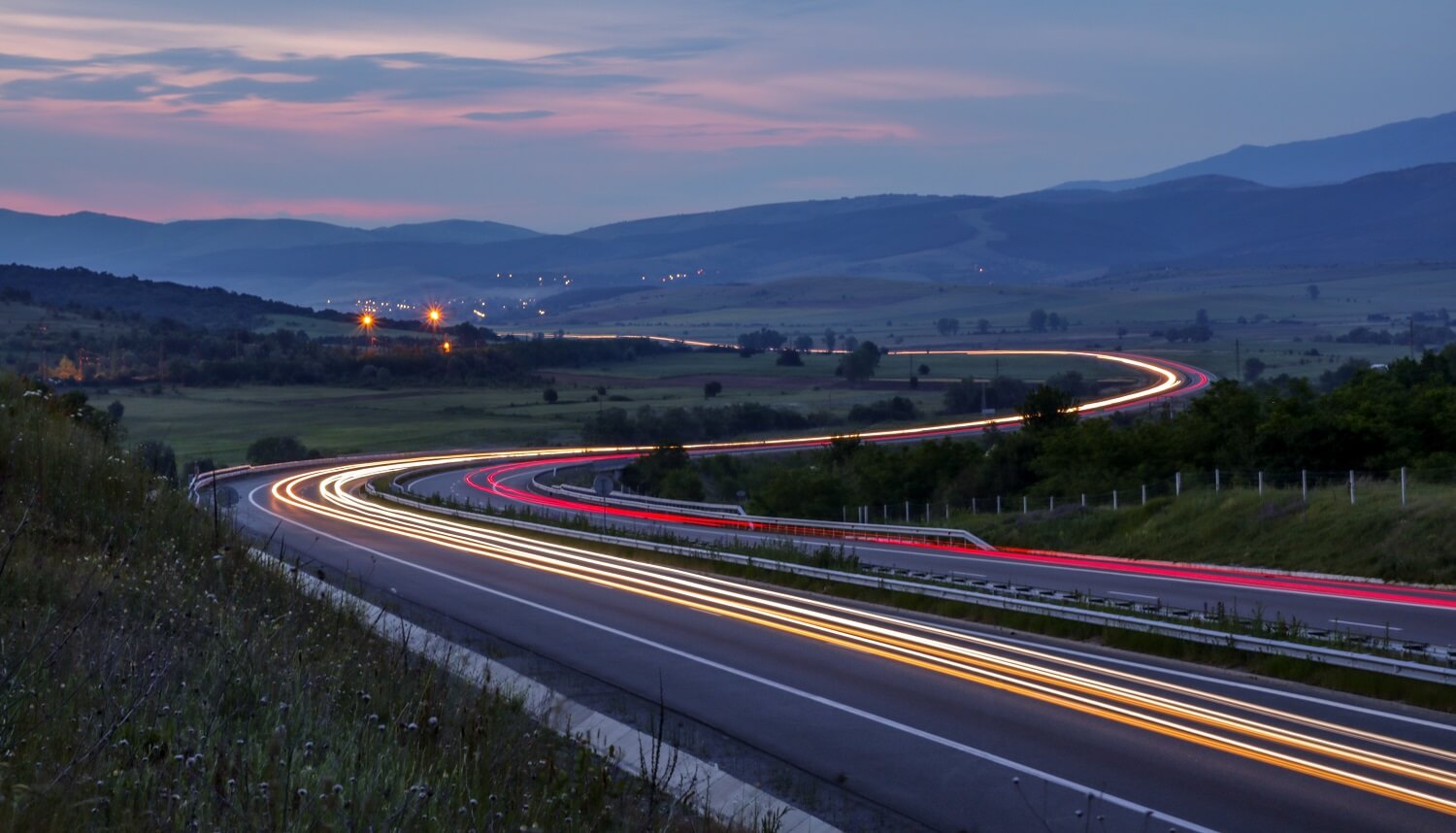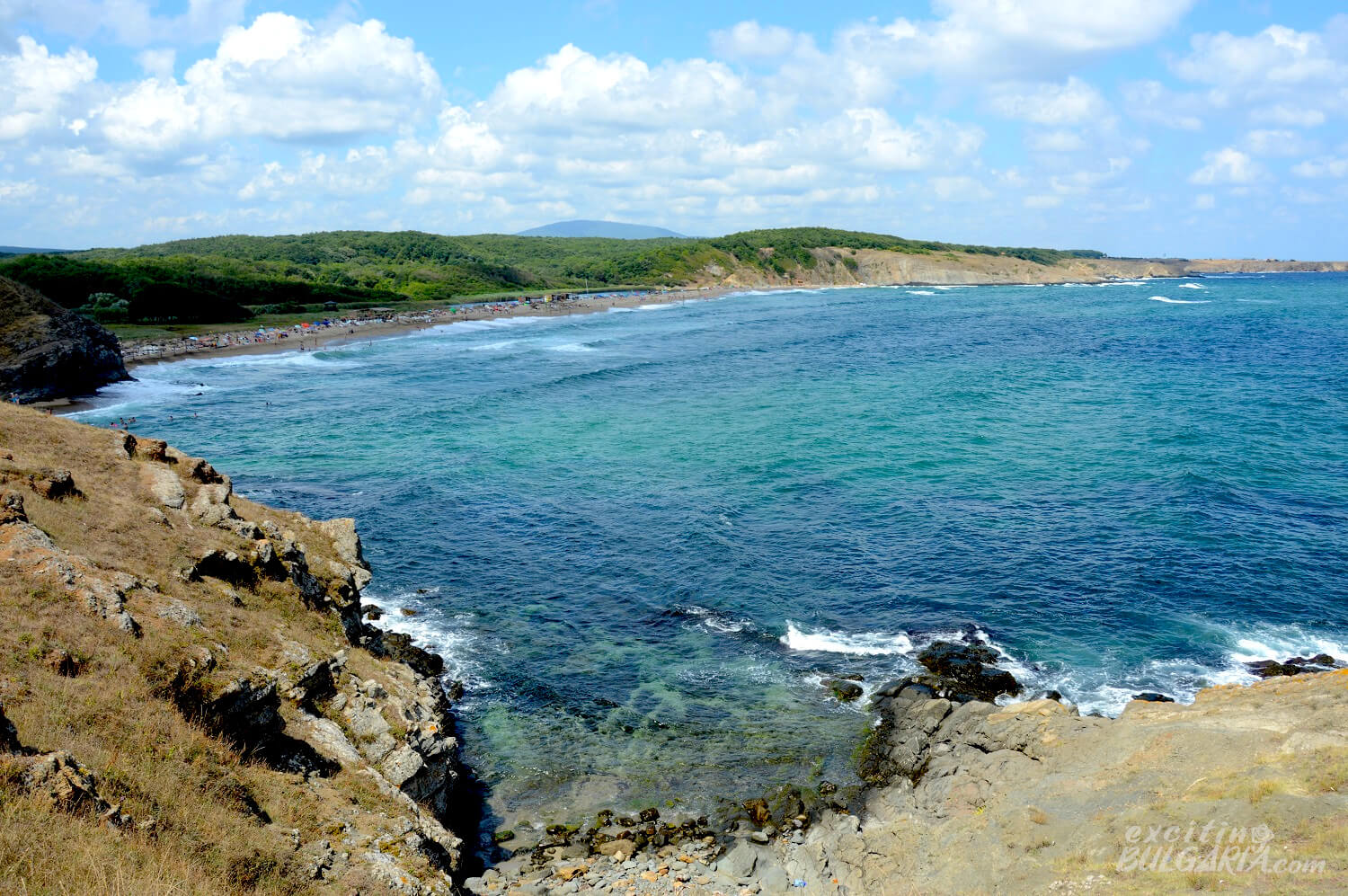Last updated on 1 January 2026
Questions and answers about Bulgaria

Citizens of the EU, EEC (Norway, Iceland and Lichtenstein) and Switzerland don’t need a visa for entering and staying in Bulgaria for any period of time. Bulgaria is now a full member of the Schengen Area.
Bulgaria is applying the European Union’s Common Visa Policy. Citizens of the following countries can enter Bulgaria without a visa (conditions apply) for no more than 90 days in any 180-day period: Albania, Andorra, Antigua and Barbuda, Argentina, Australia, Bahamas, Barbados, Bosnia and Herzegovina, Brazil, Brunei, Canada, Chile, Colombia, Costa Rica, Dominica, El Salvador, Georgia, Grenada, Guatemala, Holy See (Vatican), Honduras, Israel, Japan, Kiribati, Malaysia, Marshall Islands, Mauritius, Mexico, Micronesia, Moldova, Monaco, Montenegro, Nauru, New Zealand, Nicaragua, North Macedonia, Palau, Panama, Paraguay, Peru, Saint Kitts and Nevis, Saint Lucia, Saint Vincent and the Grenadines, Samoa, San Marino, Serbia, Seychelles, Singapore, South Korea, Taiwan, Timor-Leste, Tonga, Trinidad and Tobago, Tuvalu, Ukraine, United Arab Emirates, United States, Uruguay, Vanuatu, Venezuela.
Citizens of countries not listed above do need a visa to enter Bulgaria. For more information, visit our page about visas.
Yes, Bulgaria is a European Union member state since 2007.
Yes, from 1 January 2025, Bulgaria is a full member of the Schengen Area.
From 1 January 2026, the official currency in Bulgaria is the euro.
The official language of the country is Bulgarian, which is a South Slavic language. Actually, it was the first Slavic language attested in writing.
Cyrillic is the official writing system in Bulgaria. It was made official in the country in 893, more than 1100 years ago.
The population of Bulgaria is 7 million which is a December 2018 estimate.
Bulgaria’s capital and largest city is Sofia with 1.3 million citizens.
Bulgaria is bordered by Romania (to the north), Serbia (to the west and northwest), North Macedonia (to the southwest), Greece (to the south) and Turkey (to the southeast).
110,993.6 km² which makes it the 10th biggest country by area in the EU.
+359
Bulgaria is in the Eastern European Time (EET) (UTC+02:00) zone, which is 2 hours ahead of Coordinated Universal Time (UTC). The country observes daylight saving time, so it uses UTC+03:00 during the summer.
Bulgaria uses 230 V voltage and the standard European type E/F plugs.
For cars: 50 km/h in built-up areas, 90 km/h outside built-up areas, 120 km/h on expressways and 140 km/h on highways (130 on some sections).
Not only all highways are paid, but basically all roads are paid in Bulgaria. The country uses an e-vignette system. Vignettes can be bought online, at the borders or at several kiosks in the country. For more information, visit our page about driving in Bulgaria.
112, which is the emergency number in all the EU member states for police, fire and ambulance services.
Bulgarian license plates have the code “BG”.
Bulgaria is generally a safe country. It ranks among the top 30-40 safest countries in the world and is considered a low risk destination. The U.S. Department of State lists Bulgaria as Level 1 (the lowest risk category) country where “exercising normal precautions” is advised. However, just like anywhere else, pick-pocketing and purse snatching may occur in crowded places and touristic areas.
• 1 January: New Year’s Day
• 3 March: Liberation Day (from the Ottoman Empire)
• 1 May: International Workers’ Day
• 6 May: Saint George’s Day (Day of Courage and the Bulgarian Army)
• 24 May: Bulgarian Education, Culture and Slavic Script Day
• 6 September: Unification Day
• 22 September: Independence Day
• 24 December: Christmas Eve
• 25 & 26 December: Christmas Day (both called the same)
• Varying dates: Orthodox Easter (Good Friday, Easter Sunday and Monday are non-working days)
Orthodox Easter date is calculated based on the Julian calendar, therefore it always falls after the western (Gregorian) Easter (except some years when they share the same date). The difference between the two Easter dates varies between zero and five weeks. The next year when eastern and western Easter fall on the same date will be 2025.
Yes, Bulgaria is a member of NATO since 2004.
Bulgaria’s country code top-level domain (TLD) is .bg. Since 2016, Cyrillic .бг can also be used.
Bulgaria’s 378-km-long, picturesque Black Sea coastline is dotted with beaches of golden sand, river valleys, estuaries and ancient towns. All major resorts have large sandy beaches which are ideal for watersports and for families with small children. The largest one is Sunny Beach with its 8-km-long continuous sand beach.
Musala is the highest peak of Bulgaria and the whole Balkan peninsula with an altitude of 2925 m. It’s located in the Rila mountains in the southwestern part of the country.